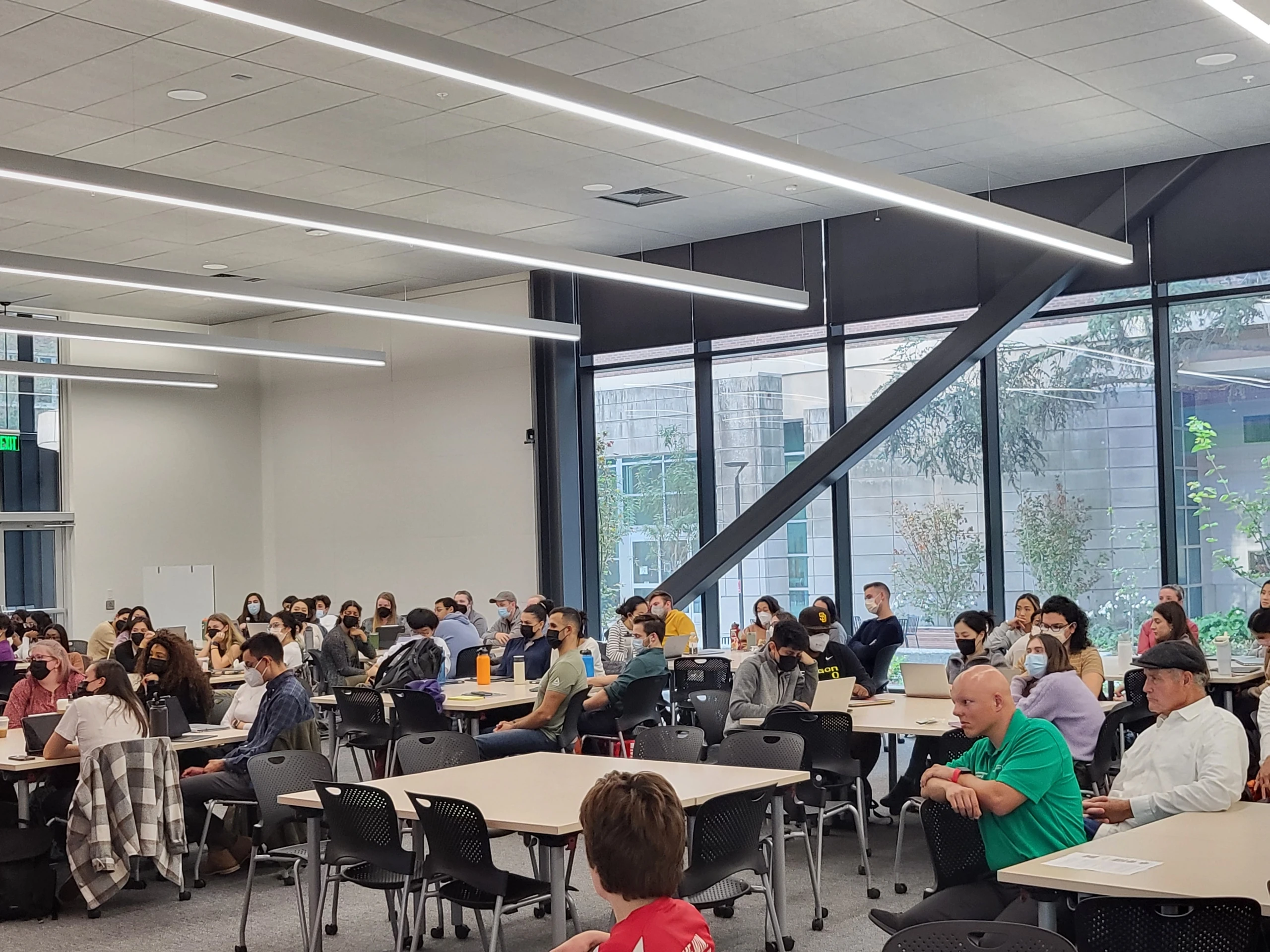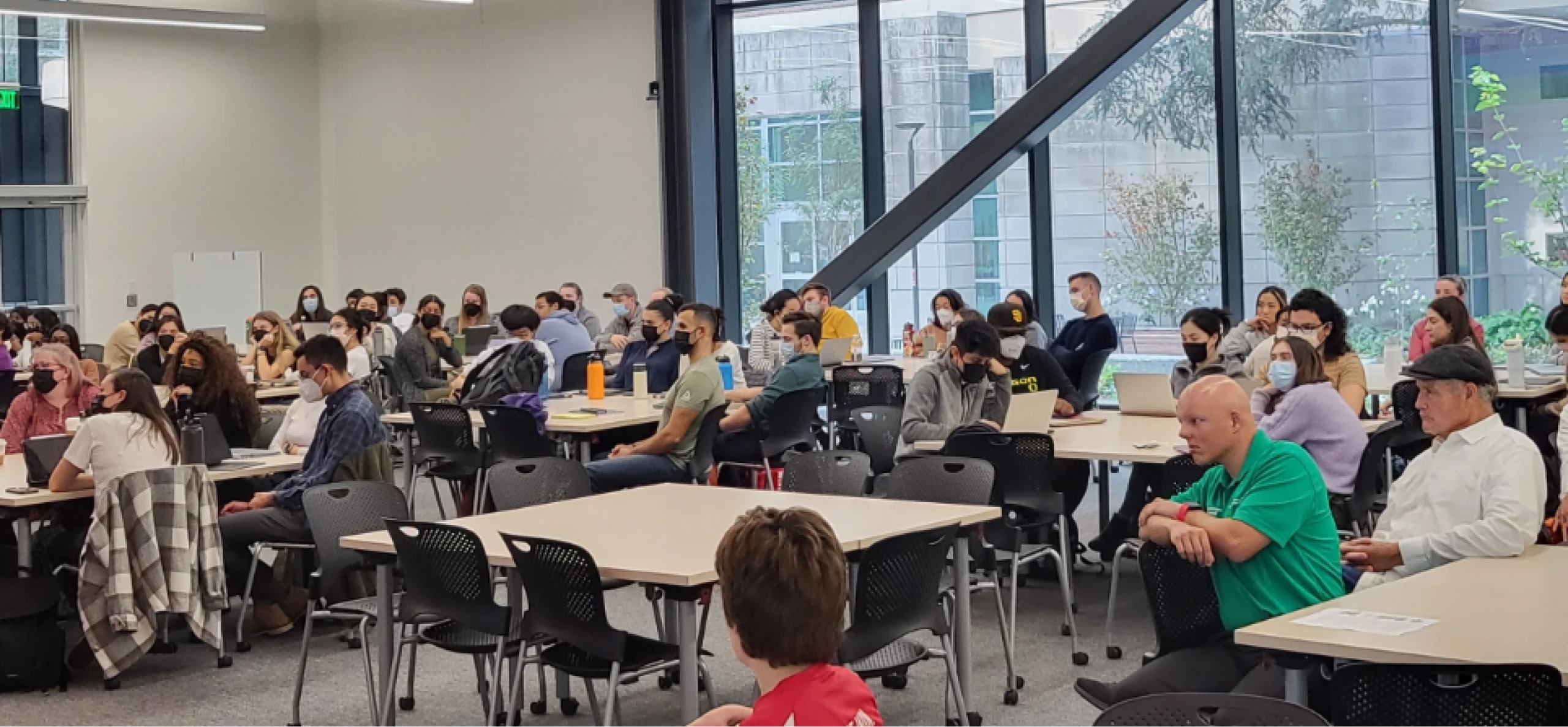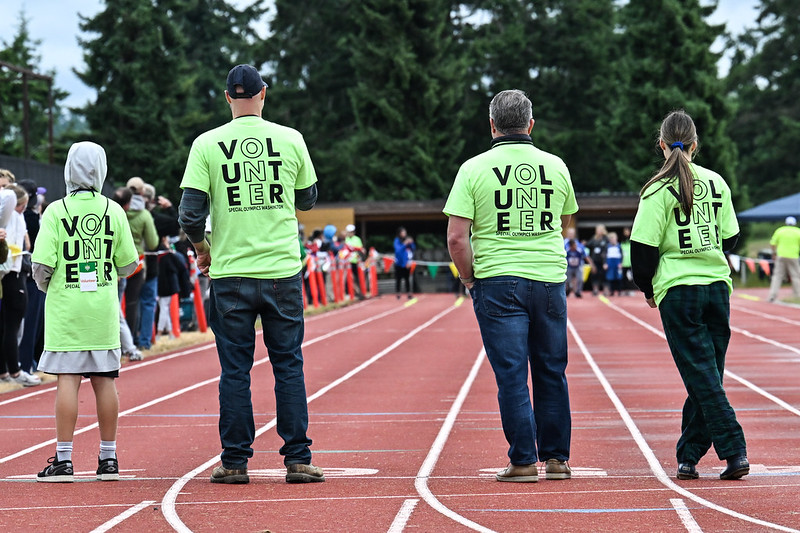Eating disorders and poor body image have long been neglected topics within both the intellectual and developmental disabilities (IDD) community and the broader societal discourse.
Despite limited research due to the lack of prior investigations in this area, emerging evidence suggests a significant prevalence of eating disorders among individuals with IDD, particularly those living in institutionalized settings. Research suggests that approximately one-third of those diagnosed with an intellectual disability grapple with food-related issues, particularly Avoidant/Restrictive Food Intake Disorder (ARFID). More specifically, institutionalized adults with IDD exhibit an eating disorder prevalence of 3-42%, whereas those living in the community experience a 1-19% likelihood of being diagnosed with an eating disorder.
Furthermore, socio-cultural factors, combined with the emphasis on weight-related discussions due to comorbid health conditions, contribute to the vulnerability of individuals with IDD to develop unhealthy relationships with food and body image.
By promoting awareness, education and sensitivity within [the IDD] population and its support networks, strides can be made toward healthier relationships with food, body image and overall well-being.
The IDD community frequently engages in discussions about weight management due to associated comorbidities, such as type 2 diabetes, hypothyroidism and asthma—all health concerns that increase the emphasis on diet and exercise. However, this heightened focus can lead to negative body image, which in turn can contribute to the development of body dysmorphia, self-harm habits and eating disorders.
Body image, the subjective perception of one’s own body, holds significant importance, and distorted body image can lead to severe psychological consequences, including eating disorders. Socio-cultural experiences play a substantial role in shaping body image perceptions, with societal standards often influencing individuals’ self-perception.
Identifying root causes, often rooted in socio-cultural factors, is crucial in treating body image-related issues. Weight-inclusive language, characterized by respecting and accepting various body sizes, can aid in addressing distorted body image perceptions. This involves refraining from labeling things as “good” or “bad,” thereby fostering neutrality. This concept can also be extended to discussions about weight, exercise and body image.
The practice of weight-neutral language has demonstrated efficacy in eating disorder treatment and therapy, and unlike the widely discussed body positivity movement, neutrality allows individuals to disconnect from the pressure of finding positives in their bodies, promoting a more relaxed relationship with body and food discussions. Detaching terms such as “good” and “bad” from these subjects enables individuals to make decisions based on how they feel rather than how they look.
NEDA, an eating disorder organization, offers resources to enhance awareness of triggering language and behaviors in those struggling with body image or disordered eating. Neutrality can be applied to both body image and food discussions by avoiding words like “bad,” “good” or “clean.” Examples of weight-neutral language include complimenting the colorful aspect of a meal or emphasizing strength and confidence. For parents and coaches, suggesting nutrient-rich additions to meals using neutral language fosters positive relationships with food.

Special Olympics Washington educates healthcare students across the state through its Inclusive Health Training Seminar. Education around weight-neutrality provides support for those with IDD who struggle with eating disorders and body image.
Education plays a pivotal role in supporting individuals with IDD facing eating disorders and body image issues, and Special Olympics can provide resources and training to volunteers, athletes, medical teams and families to heighten awareness and improve support. The lack of education exacerbates the potential to overlook signs of eating disorders, but implementing educational modules centered on neutrality could represent a substantial step forward in addressing this issue.
Limited research notwithstanding, evidence suggests a significant prevalence of eating disorders within the IDD community. Recognizing the socio-cultural influences on body image perceptions and advocating for weight-inclusive, neutral language offers a promising approach to addressing these issues. By promoting awareness, education and sensitivity within this population and its support networks, strides can be made toward healthier relationships with food, body image and overall well-being.



